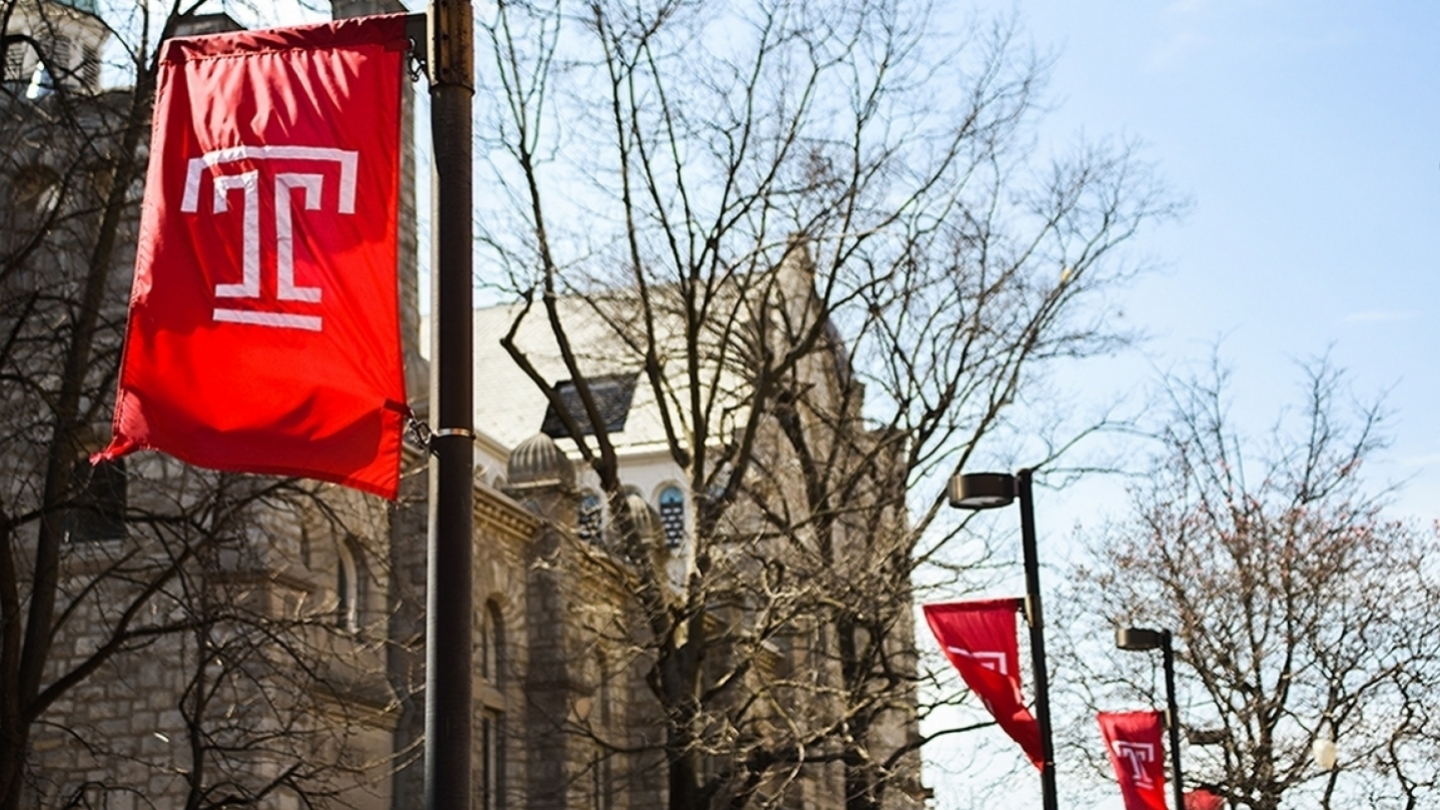Since Clemencia Rodríguez was 24 years old, she has been researching citizens’ and alternative media. In her home country of Columbia, she received a bachelor’s degree in Communication from Universidad Javeriana in Bogotá. Afterwards, she moved to the United States and earned her doctorate in international telecommunication and a master’s degree in communication and development from Ohio University. Today, she is a renowned expert, especially in the field of community media, and a professor at Klein College.
But her work isn’t limited to within the school. When she moved to Philadelphia, it was a big deal for the local community radio scene. Unlike other forms of radio, community radio uses lower signals or “low power” with a shorter reaching transmission to create much more localized content than the average radio station.
“It shouldn’t be us deciding what the programming should be,” Rodríguez said. “It should be decided by the people who live there.”
But community radio in the United States is actually relatively new. The Local Community Radio Act, allowing for these low power stations to be created, wasn’t passed until 2010 so most Americans don’t have a great deal of experience listening to them. That’s why Philadelphia’s local radio advocates were so excited when Rodríguez moved into town.
Rodríguez was connected with G-town Radio, which covers Germantown and her neighborhood, Mt. Airy. It started with a brief introduction. Then, because of her position at Temple University, Rodríguez was able to help host the Global Fusion conference, which brought in media scholars from around the world, including Australia and South America (who have been doing community radio successfully for much longer than those in the United States).
This exposed them to the work being done in Philadelphia and enabled her to organize a field visit for them to see G-town’s studio. The G-town volunteers (there is no paid staff), impressed by the advice of the scholar’s and the scope of Rodríguez’s connections, added her to their board and she immediately started working on their strategic development. Although G-town is currently only available online, she hopes to get them on the radio in January.
“What we want is more people in Germantown to know about this station and come produce their own programs,” Rodríguez said.
She wants to feature “the sounds of Germantown,” meaning local poets, musicians, kids, even the sound of the local bus.
Rodríguez’s connection to Temple continues to be immensely helpful to the radio station. Professor Paul Gluck, using funds from the Kal and Lucille Rudman Foundation, paid for a day of training for their staff at Rittenhouse Soundworks.
Rodriguez is optimistic about this medium’s growth. According to a 2016 Pew Study, around 750 low-power stations have been licensed since 2014.
She is excited about the opportunity these stations have to become a sort of community gathering center to discuss local issues that are important to residents. G-town Radio handed out surveys in the community to learn what issues were most important to them so that they could tailor their content to those areas. Mostly, people wanted to discuss improving safety and education. But there were also requests for talks on the environment, gardening, cooking and many topics one might not expect.
“Community radio populates the public sphere with the diversity of voices,” Rodríguez said. “It’s not just NPR. Others have something to say.”
One of the hardest parts of community radio is keeping it funded. Rodríguez believes if states were required to do even less than one percent of their advertising on community radio, this could help ameliorate the issue. Most, however, rely on donations, which makes money hard to come by. To donate to G-town Radio, check out their website.

